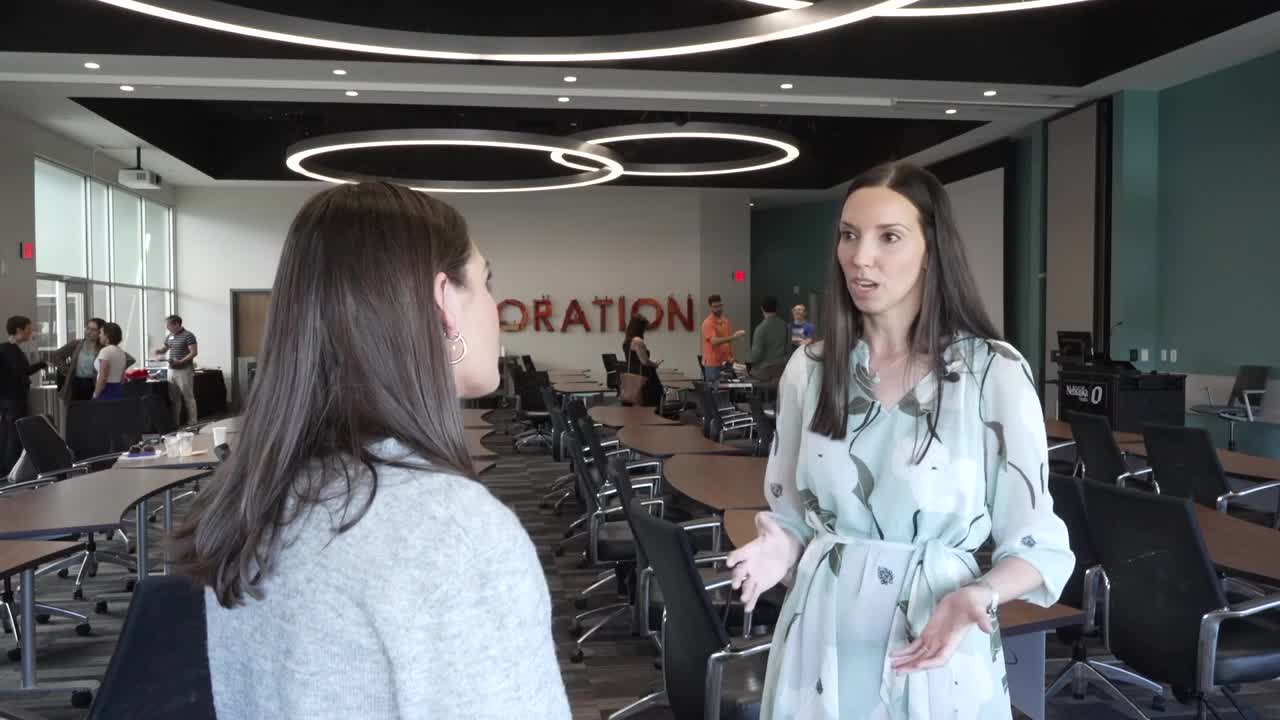OMAHA, Neb. (KMTV) – "One of the most interesting findings is often the victims do know the person that is trafficking them so trafficker is using that relationship to exploit and benefit themselves," Teresa Kulig said.
- UNO study shows labor trafficking across the state.
- Many victims have history of abuse or don't speak English.
- Traffickers use threats to remain in control of victims.
BROADCAST TRANSCRIPT:
A two-year study by the University of Nebraska Omaha's School of Criminology and Criminal Justice has identified patterns in labor trafficking across the state, revealing that victims are often Hispanic or foreign-born individuals.
The research shows that many victims lack proper documentation, have histories of abuse, or don't speak English.
Teresa Kulig, associate professor at UNO's School of Criminology and Criminal Justice and one of the lead researchers, said labor trafficking occurs across various industries in Nebraska, including agricultural jobs, factories, hotels and salons. Victims are typically lured with false promises about employment opportunities.
"I think one of the most interesting findings is often the victims do know the person that is trafficking them so trafficker is using that relationship to exploit and benefit themselves," Teresa Kulig, associate professor in the School of Criminology and Criminal Justice said.
The study also examined challenges law enforcement faces when investigating labor trafficking cases. According to Kulig, there can be a lack of coordination between agencies, and connecting with victims can take time.
"Making sure all the right folks are at the table, because it's not just doing an investigation, then it is also making sure survivors are being connected to resources and support," Kulig said.
Traffickers maintain control over victims through threats of harm, legal action or deportation. Many victims live at their work locations, making it difficult for them to escape without community support systems, according to the study.
The study recommends holding community awareness campaigns, particularly in areas with large immigrant populations, to help people identify signs of labor trafficking.




